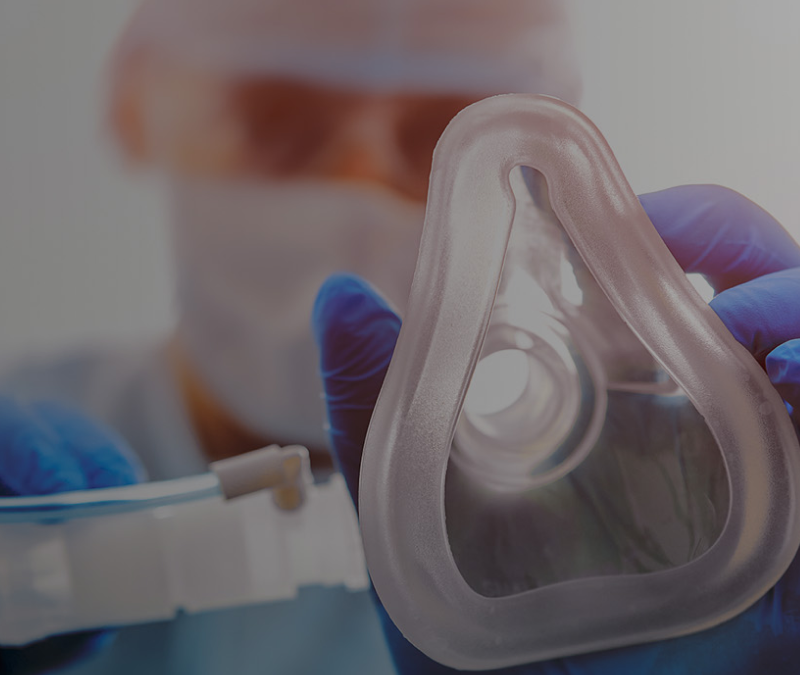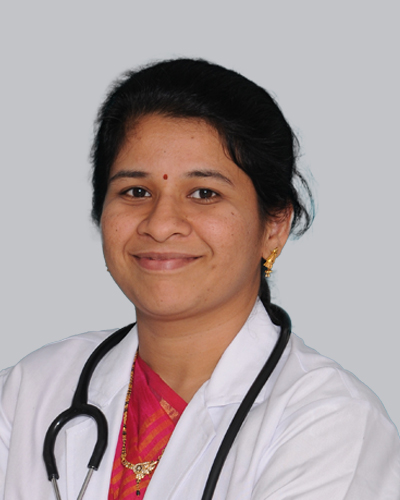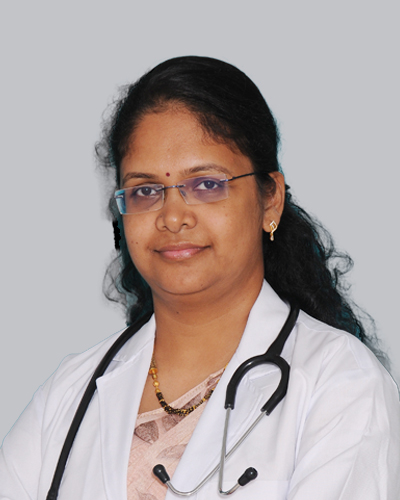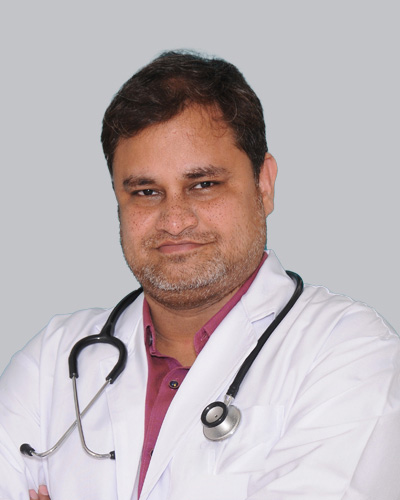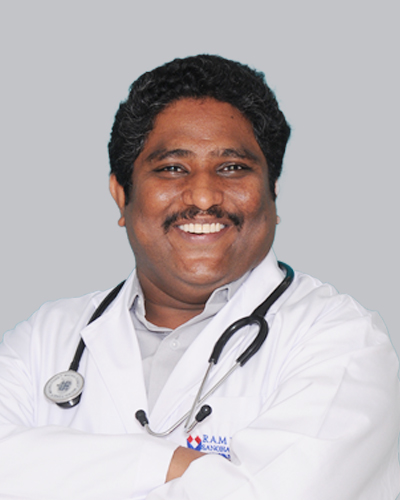Department of Anaesthesiology and peri-operative medicine provides advanced and evidence based clinical services. A group of compassionate, enthusiastic team of anaesthesiologists, supported by residents and anaesthesia technicians provide services round the clock services in operation theatre and outside operation theatre. Team provides peri-operative and post-operative clinical services for all speciality and super speciality surgeries. Equipped with advanced, highly reliable and versatile patient monitoring systems like Edwards Vigilance-2 hemodynamic monitor, all OT’s equipped with Philips monitors, GE monitor (Solar 800M) with EGG, BIS monitoring, Somanetics Avos 5100 Cerebral Oximeter, Drager workstations, Thromboelastograph (Haemonetics TEG 5000), Arterial Blood Gas analyser, ACT analyser.
Our Doctors
We have some of the best specialists from around the world, they bring years of experience and offer evidence-based treatment to ensure the best care for you.
FAQs
Want to find out more about the treatment? The answer to your questions can be found below.
What question should you ask an anesthesiologist?
When you consult an anesthesiologist before a surgical procedure, you can ask them about the type of anesthesia they will perform. Also, if you have any questions regarding the procedure, you must not hesitate to ask them.

